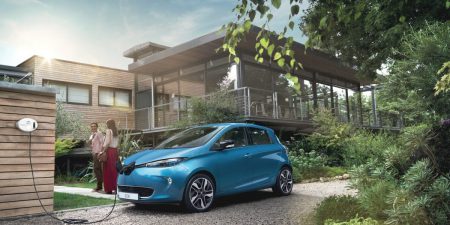22kWh home chargers slash your charging time, but for home use they might not be worth the hassle
Power matters when it comes to charging electric cars. Generally, the more Watts, the faster the potentially tiresome business takes place.
The fastest public car chargers offer up to 400kW, nearly 130 times the power you get from a three-pin socket at home. It’s enough to fill even the largest electric car batteries in record time. A long range Hyundai Ioniq 5 for example, on a 350kW charger, can get from 10% to 80% in around 18 minutes. That’s nearly 14 miles of added range every five minutes.
Of course, if you can, it’s vastly cheaper and more convenient to charge your electric car at home. But home chargers, which use alternating current (AC) rather than the direct current (DC) of rapid public ones, are much slower. Getting a full battery is typically an overnight affair.
The slowest home chargers run at 3.2kW, though most are 7.4kW which is about the same power as your home cooker circuit. These will fully charge a car like the long range Ioniq 5 in a rather pedestrian 11 hours or so.
Faster, 22kW AC home chargers are available, though. They sound appealing and can potentially slash your charging time to a third. But is the mindset of maximising your charging power at home a fallacy? Should you buy one? Probably not, and here’s why.
Read more: T3
It’s Time to Go Green!
If you would like to know more about Solar Panels and the PowerBanx range of home battery systems, and get a free instant quote, please complete our online form:


